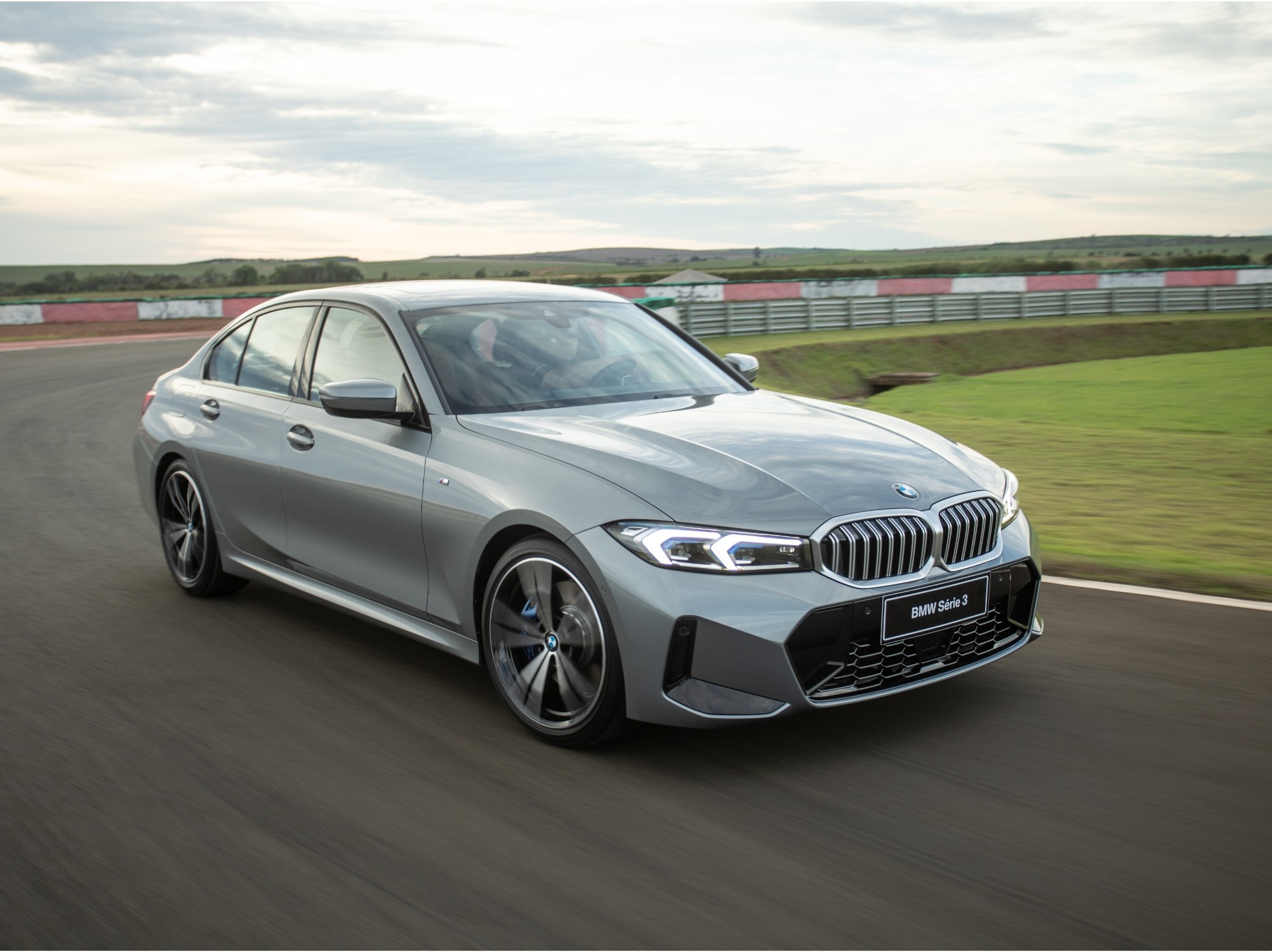With a 36.8% share, the brand is 20 percentual points ahead of Mercedes-Benz, second-placed in 2022


By Alzira Rodrigues | Translated by Jorge Meditsch
Affected by the lack of semiconductors, the premium segment lost space worldwide and also in Brazil, where its sales fell 5,4% from 39,6 thousand in 2021 to 37,5 thousand last year, including the performance of the five most traditional luxury brands sold locally: BMW, Mercedes-Benz, Audi, Volvo and Land Rover.
BMW, the leader, suffered a fall close to the luxury market’s and finished 2022 with 13,795 units sold and a 36.8% share. Mercedes-Benz jumped from fourth to second place. Its sales grew 16.2% from 5,412 to 6,290 units, granting the German brand a 16.7% share.
In 2020, after the end of its manufacturing operations in Brazil, Mercedes-Bens Cars had an expressive 59% fall in local sales. According to Fenabrave’s data, the difference between the premium segment leader and the second placed reached 20.1 percentual points in 2022.
The previous year, Volvo took second place with 8,277 registers and a 20.9% share, 15.8 percentual points behind the ranking leader. The Swedish brand had last year’s largest fall- a 36.3% plunge to 5,270 units, positioning it as the fourth bestselling brand in the premium segment in the country.
Audi was third, with 5,485 licensed units, a 12.4% fall and a 14.6% share. Land Rover was the last in the ranking in the last two years. Its sales fell almost 30% from 5,169 to 3,650 units.
World balance
BMW released this Wednesday, 1/11, the group’s world balance in 2022. The company sold 2,100,692 units, 5.1% less than the previous year. With this performance, it consolidated the lead in the global premium segment.
Among other data, BMW also showed the brand had a strong 5.6% growth in electrified vehicles, with 372,956 units sold.
“The brand’s attractive product portfolio is extremely popular among the customers”, says BMW’s note, informing increasing orders for models such as the X1, iX1, i4, IX and i7.
Pieter Nota, BMW AG’s Managing Board member responsible for customers, brands and sales, said the intention is to keep the profitable growth. “The focus will be clearly on increasing electromobility. The next goal for 2023 is 15% of our total sales being fully electric vehicles. With the launch of the BMW i5 at the end of the year, we took one more important step toward the electrification of our model lineup”, said the executive.
Photo: BMW
A partir de kits CKD, serão fabricados três modelos: X-Cape 650cc, Seiemezzo 650cc e Calibro…
Gáston Diaz Perez, CEO e presidente na América Latina, revela faturamento de R$ 10,8 bilhões…
Executivo será responsável pela Divisão Mercado Industrial
A primeira rodada de avaliação contará com 27 modelos, um de cada montadora. Entre eles,…
"Trabalhamos em diversas frentes para tornar a empresa cada vez mais forte e resiliente”, diz…
Ritmo das atividades acompanha momento positivo do mercado, que cresceu 77% no período